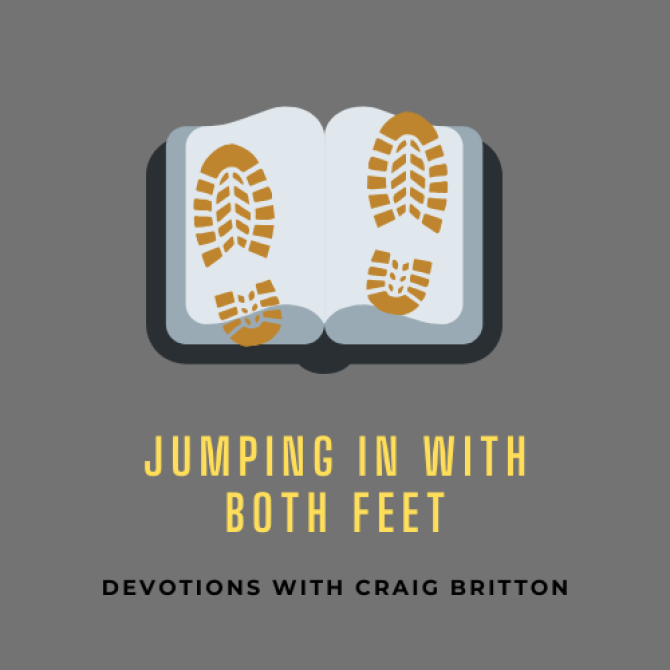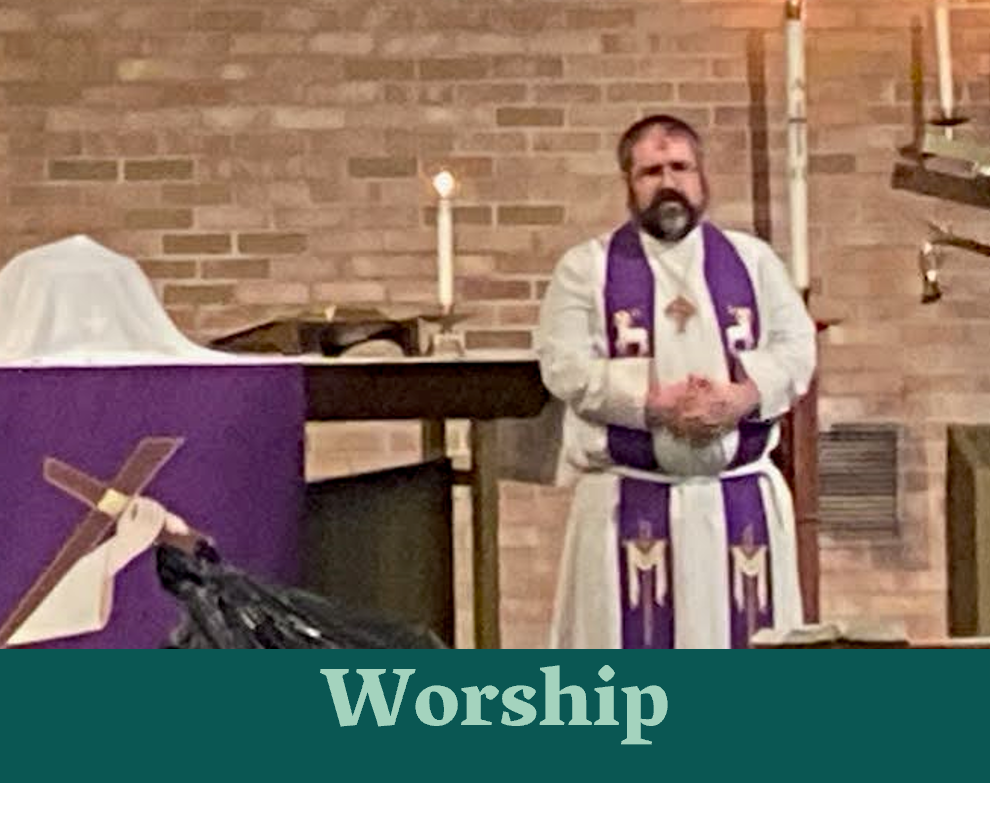Ought Not
Seventeenth Sunday after Pentecost: Epistle, James 3:1-12
James 3:1-12
Our Old Testament lesson for the week put on display for us the “overlap” of God’s speech and that of His servants the prophets. Our epistle for the week highlights what can happen to speech when it veers away from proclaiming the truth. And that happens when we consider less and less what God says in His Word. Indeed, in every aspect of our lives, when we exit Scripture’s influence we welcome chaos and destruction. It sounds dramatic. But it is true.
James, the poet of the New Testament, writes on the proper use of the tongue and begins our section with letting us know that using our mouths to teach the Word of God calls us to a higher standard. And he immediately connects it to the truth that using our mouths to serve God carries a dicey risk. None of us controls our tongues properly. Have you noticed?
We bless the Lord with our mouths. What a privilege. And then, says James, we turn on one another with those same mouths. At the close of verse 10 James writes, “My brethren, these things ought not to be so.” No they should not.
Two suggestions, if I may: first, fill your hearts with the words of other poets, namely, those who penned the Psalter. 150 divine poems/songs reveal God’s “poet heart.” And we all know the power of the psalms to “get in the cracks” of our brokenness and sin. Thanks be to God. But second, take up our hymnal (whatever your tradition) and spend time reading or singing regularly the hymns created by poets throughout the ages. And a further challenge? Don’t just read and sing your favorites. Venture out to new territory. In so filling your minds, hearts, and mouths, you will be given much more to say. Things that ought to grace our lips each and every day.





